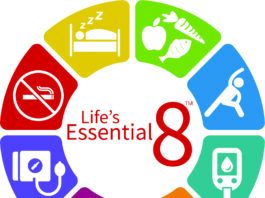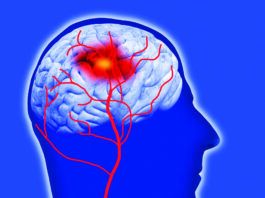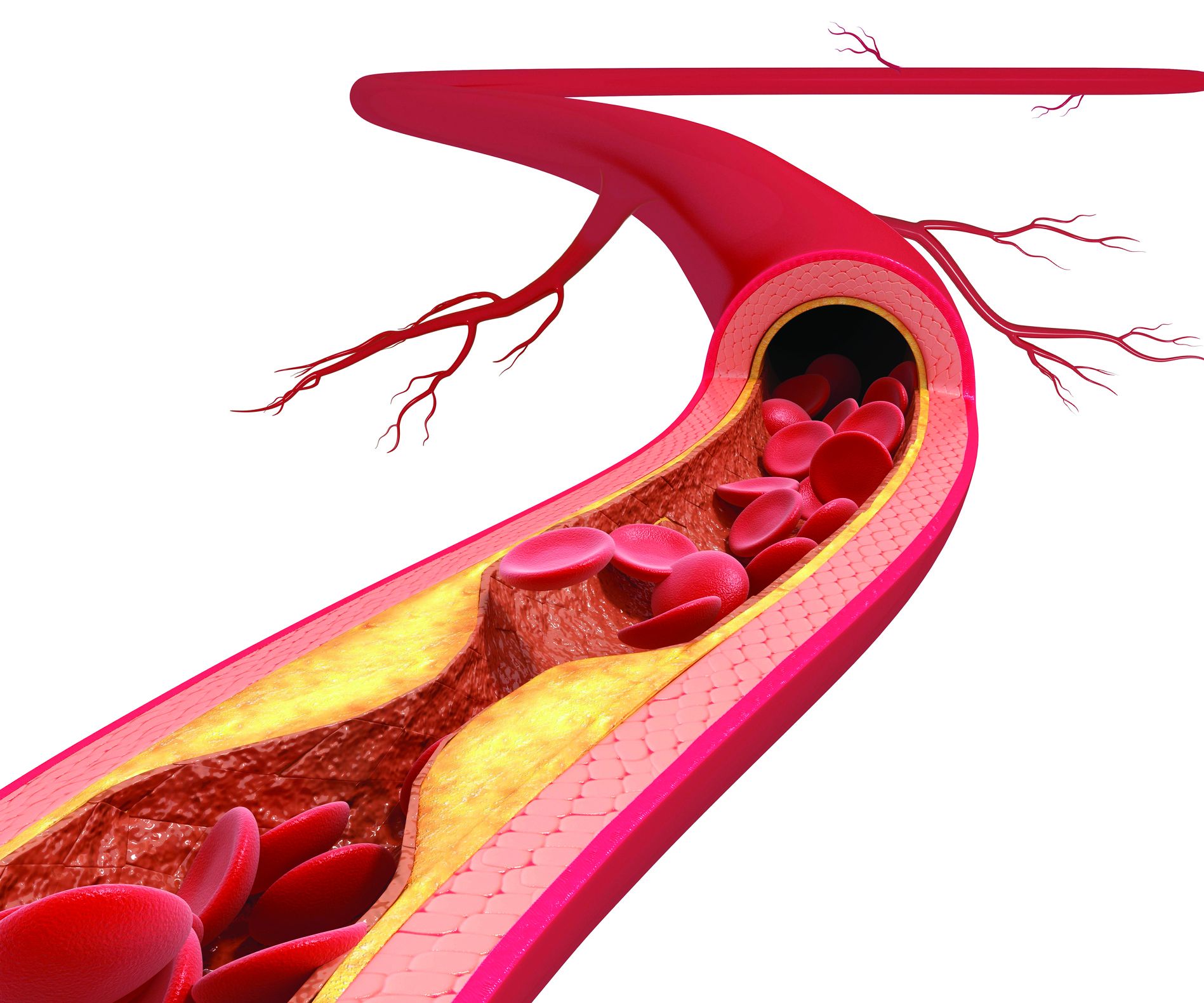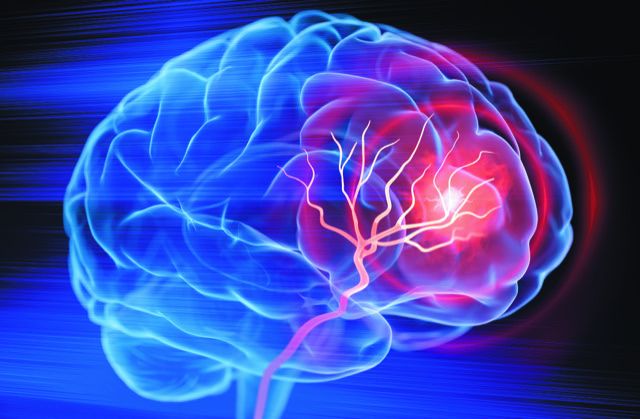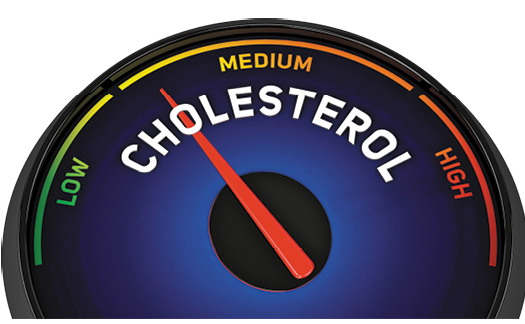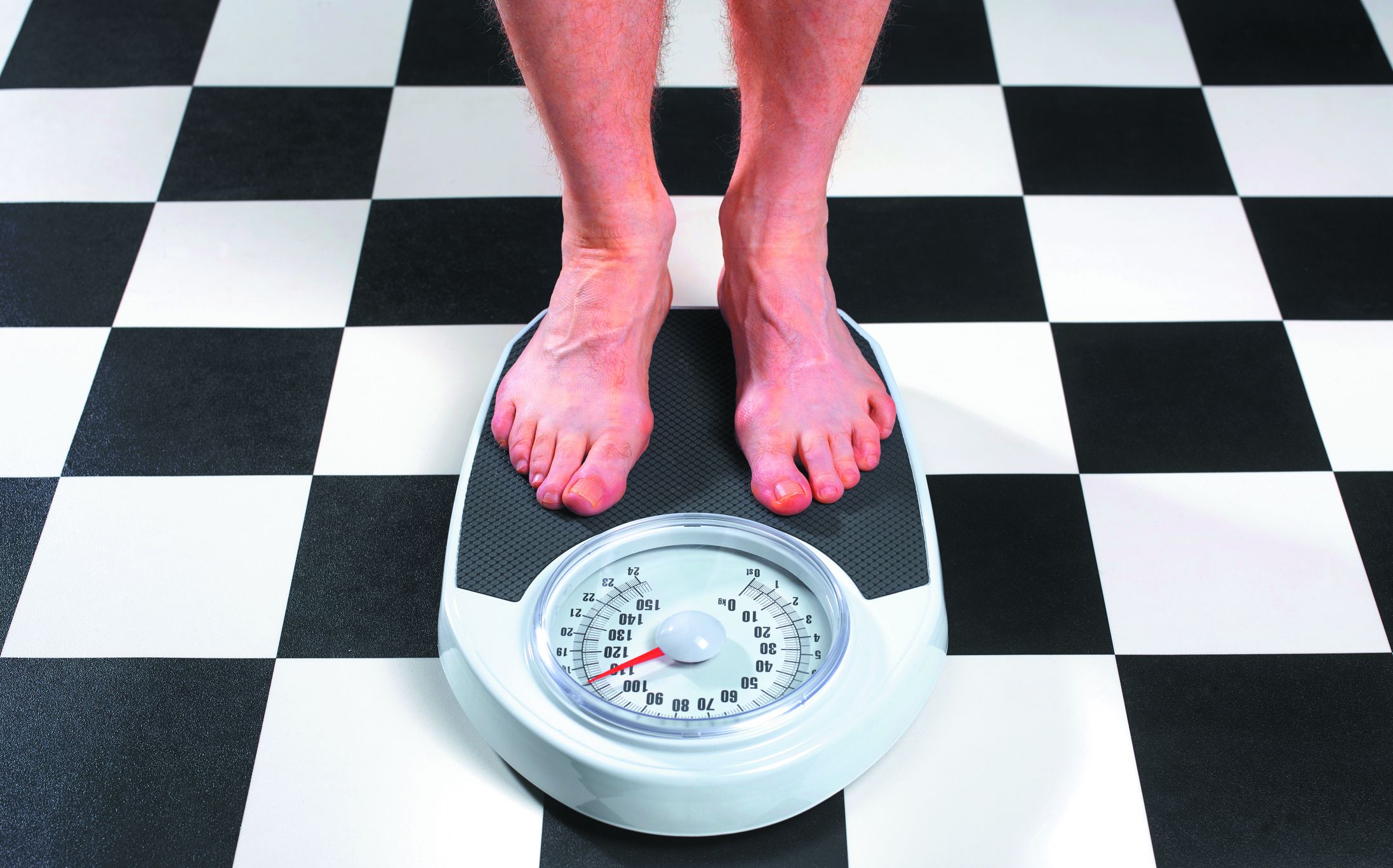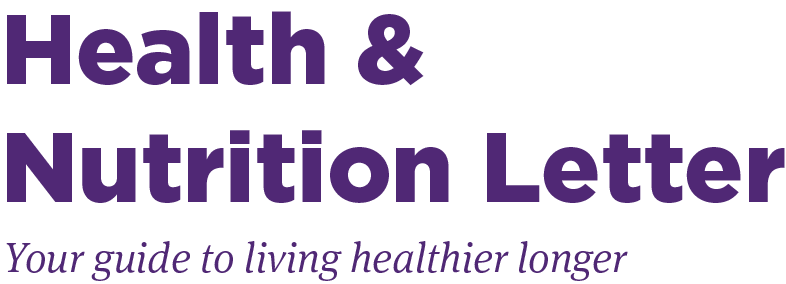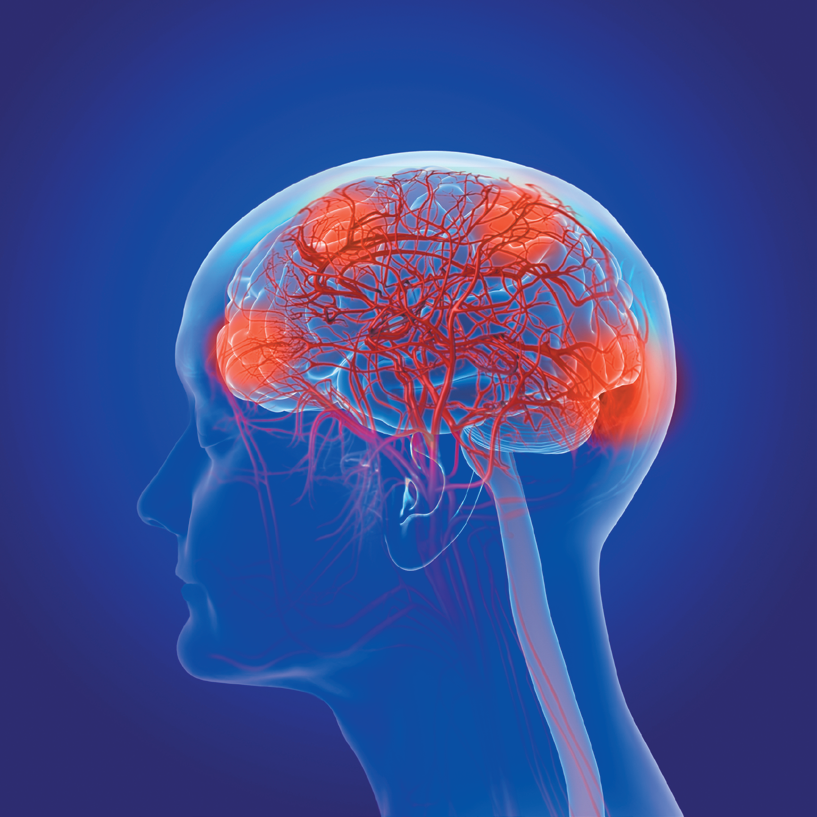Data Suggest Any Activity is Better Than None for Stroke Prevention
The results of a meta-analysis suggest any amount of physical activity is better than none.
The review, which pooled results from 15 studies involving...
Understanding Atherosclerosis
About half of Americans between the ages of 45 and 84 have some degree of atherosclerosis, and many don’t even know it. That’s worrisome...
Big Health and Nutrition Stories of 2023
As 2023 draws to a close, let’s review and update some of the biggest health and nutrition stories of the year.
Concerns About Sugar Substitutes....
Reader Beware!
Although headlines sometimes give the impression that one ground-breaking nutrition study will change food-based guidance, this is rarely, if ever, the case. Take a...
Preventing a Stroke
Stroke is the fifth highest cause of death in the U.S. and a major cause of disability. Fortunately, there are steps you can take...
Loving Your Heart: Cholesterol and You
According to the National Institutes of Health, heart disease is the number one killer of both men and women in the United States. High...
Ask Tufts Experts: January 2023
Q: What is an elimination diet? Can it be used for weight loss?
A: Alicia Romano, MS, RD, CSNC, a registered dietitian/nutritionist with the Frances...
What’s Your ASCVD Risk?
Atherosclerotic cardiovascular disease (ASCVD), commonly referred to as simply cardiovascular disease or heart disease, is a major cause of illness and death in the...
Newsbites: April 2022
Less Sodium, More Potassium Associated with a Lower Heart Attack and Stroke Risk
A study released at the end of 2021 found that higher intake...
It’s Never too Late for Women to Lower Stroke Risk
An analysis of data published recently in the journal Stroke found that certain lifestyle changes, even later in life, were associated with lower risk...

























